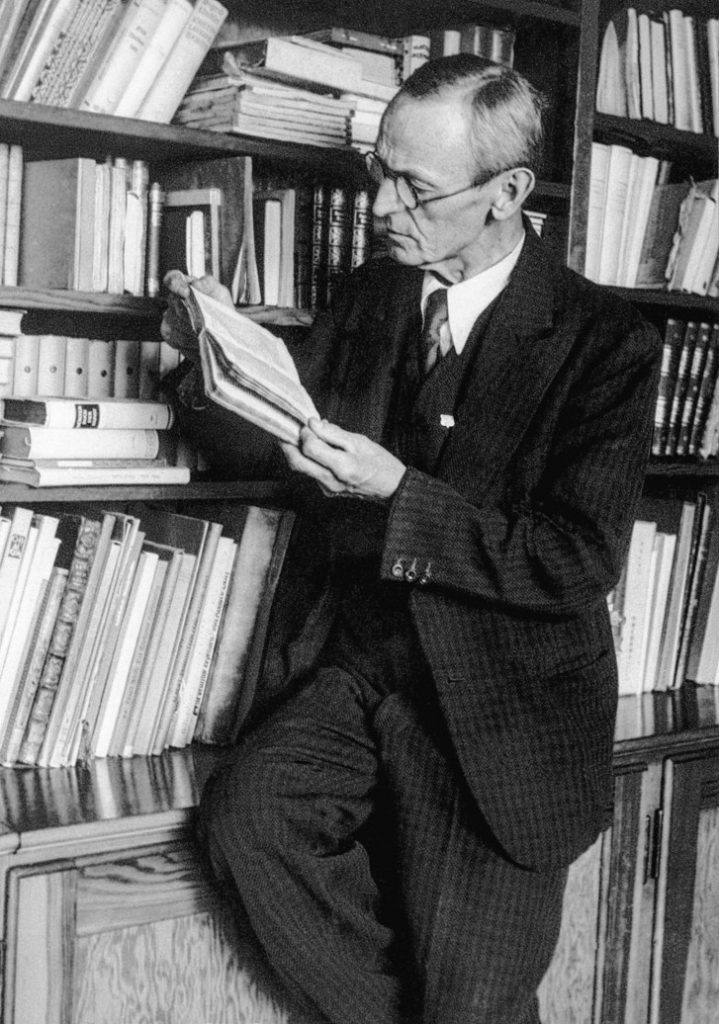Hermann Hesse should be on any soul-searcher’s reading list. Hesse’s novels, each exploring one’s authenticity and path to self knowledge, help you question, understand and appreciate the uniqueness of everyone’s path in life. All across his works we find the motif of experience as the indispensable teacher in life.

Of the Western philosophers, I have been influenced most by Plato, Spinoza, Schopenhauer, and Nietzsche as well as the historian Jacob Burckhardt. But they did not influence me as much as Indian and, later, Chinese philosophy.
From Nobel Lectures, Literature 1901-1967, Editor Horst Frenz, Elsevier Publishing Company, Amsterdam, 1969
Hesse’s thought was to a great extent shaped by Eastern philosophy, the grand result being his novel Siddhartha. To understand the importance Hesse gives to variety and intensity of experience, it’s enough to look at a few passages from the book .
In Siddhartha, Hesse takes his main character through a life of extreme ups and downs, reaching worldly success only to reject it on a whim. But all that experience was essential for Siddhartha to gain any wisdom, which no amount of meditation, fasting and teaching could yield.
“It is good,” he thought, “to get a taste of everything for oneself, which one needs to know. That lust for the world and riches do not belong to the good things, I have already learned as a child. I have known it for a long time, but I have experienced only now. And now I know it, don’t just know it in my memory, but in my eyes, in my heart, in my stomach. Good for me, to know this!”
Hermann Hesse – Siddhartha
To emphasize the importance of life experience even more, Hesse gives a beautiful distinction between knowledge and wisdom:
I’m telling you what I’ve found. Knowledge can be conveyed, but not wisdom. It can be found, it can be lived, it is possible to be carried by it, miracles can be performed with it, but it cannot be expressed in words and taught. This was what I, even as a young man, sometimes suspected, what has driven me away from the teachers.
Hermann Hesse – Siddhartha
This might be why storytelling and literature, especially philosophical novels such as Siddhartha, are so powerful – in order to convey a point, you’re taken for a journey that makes you feel the point, instead of just telling you a rule of conduct. That’s as close as you can get to wisdom without direct experience, but as Hesse suggest, nothing can substitute a full life as the teacher of wisdom.
